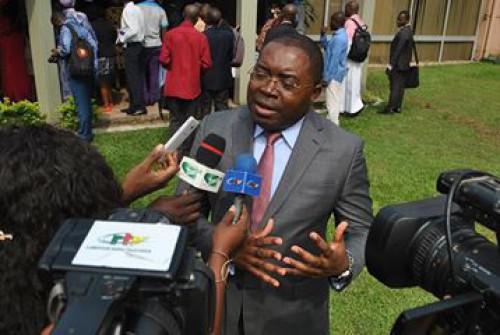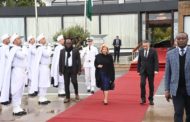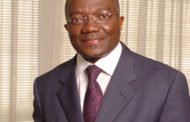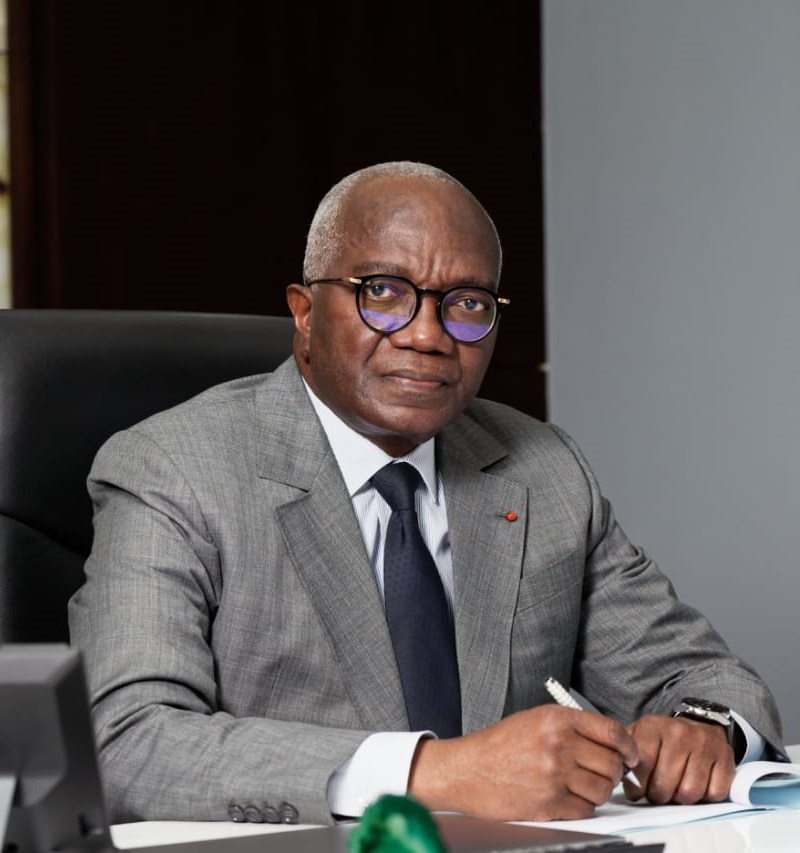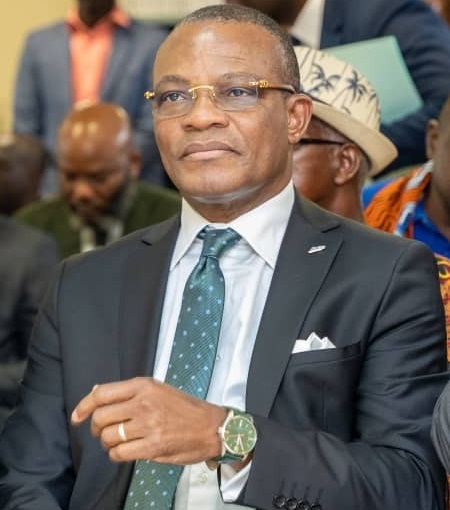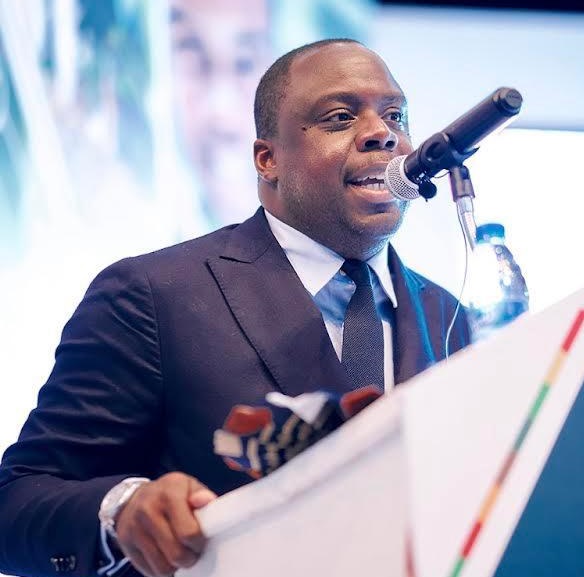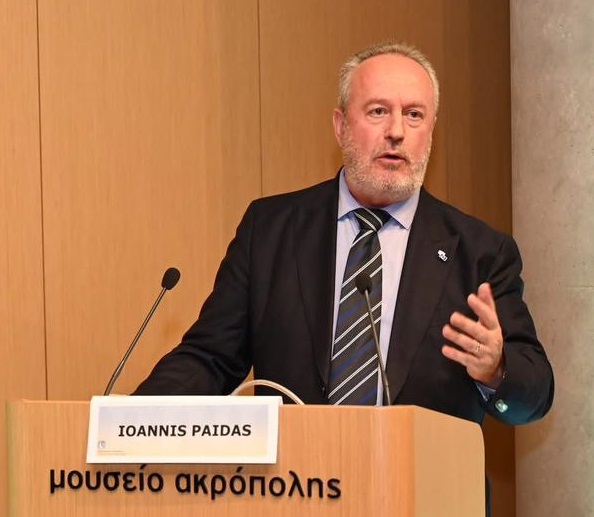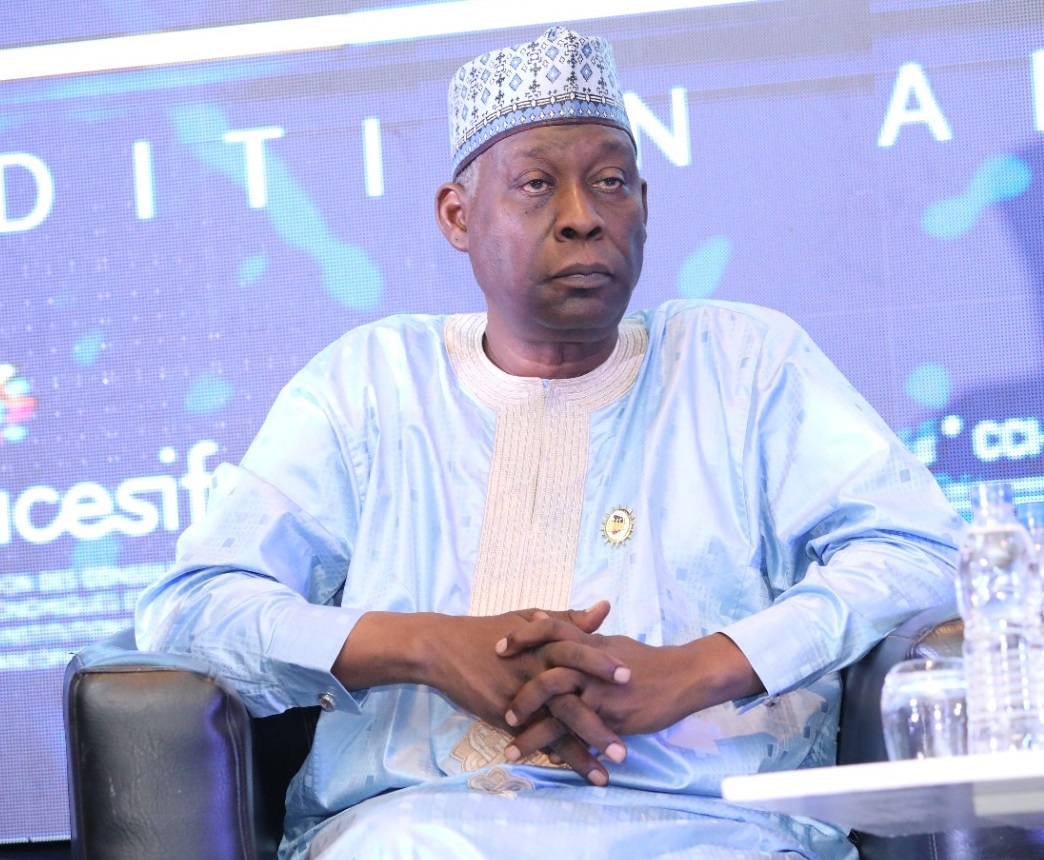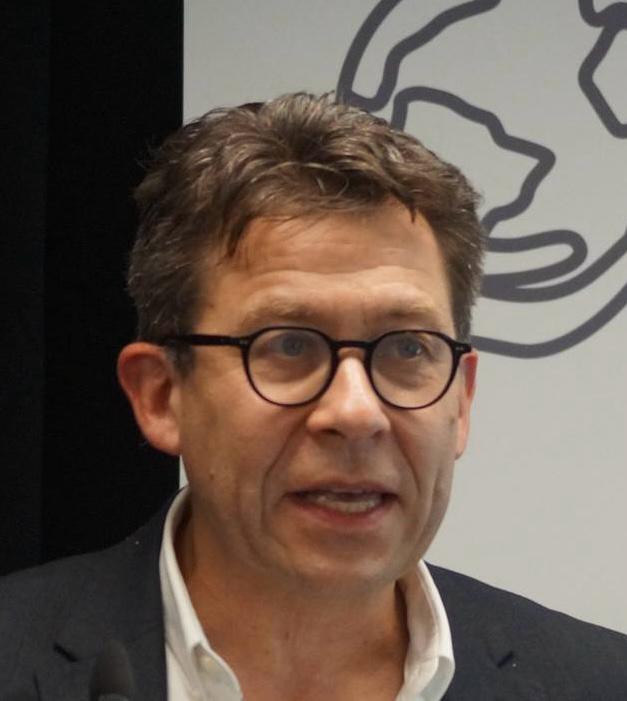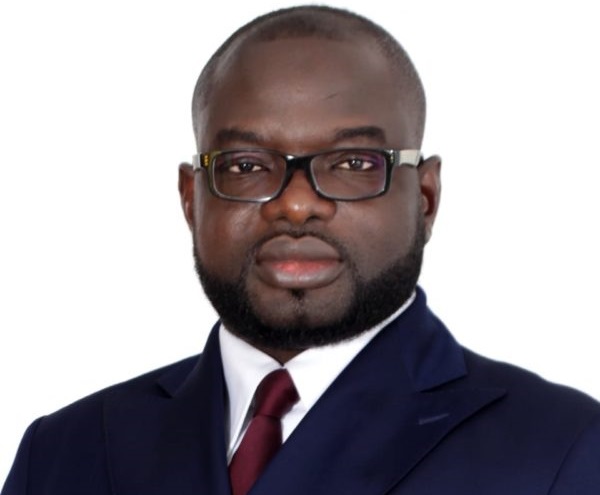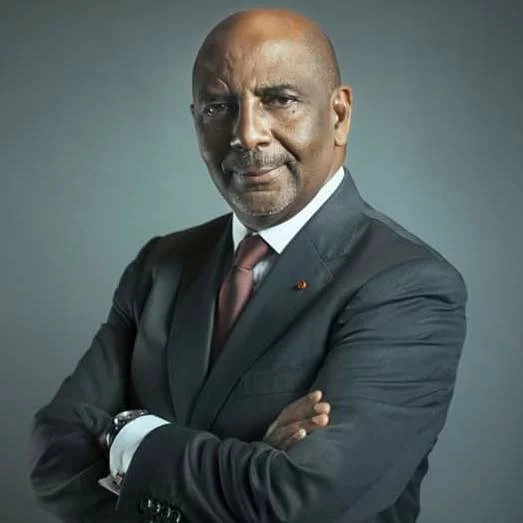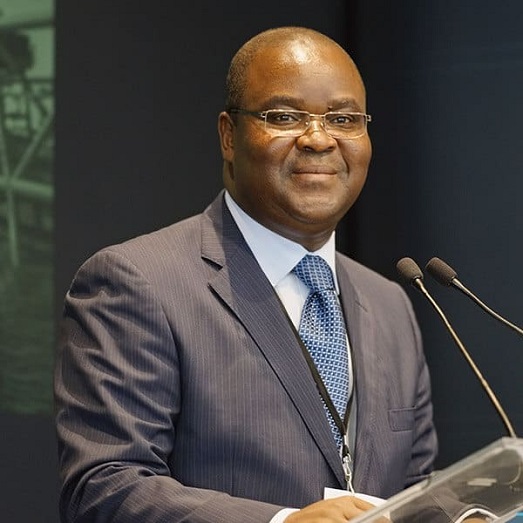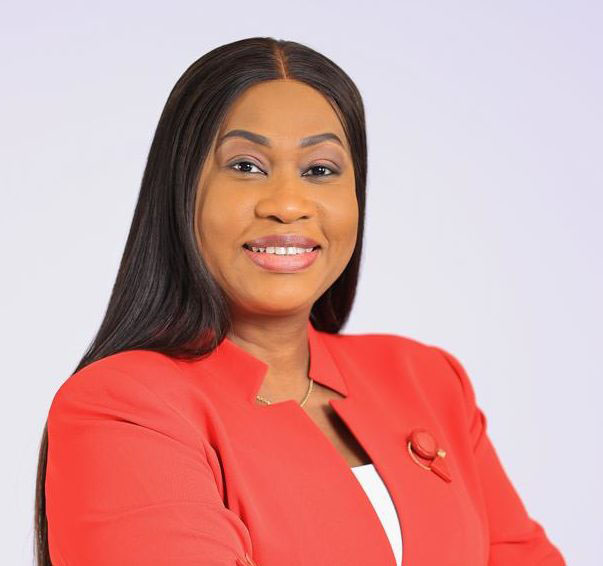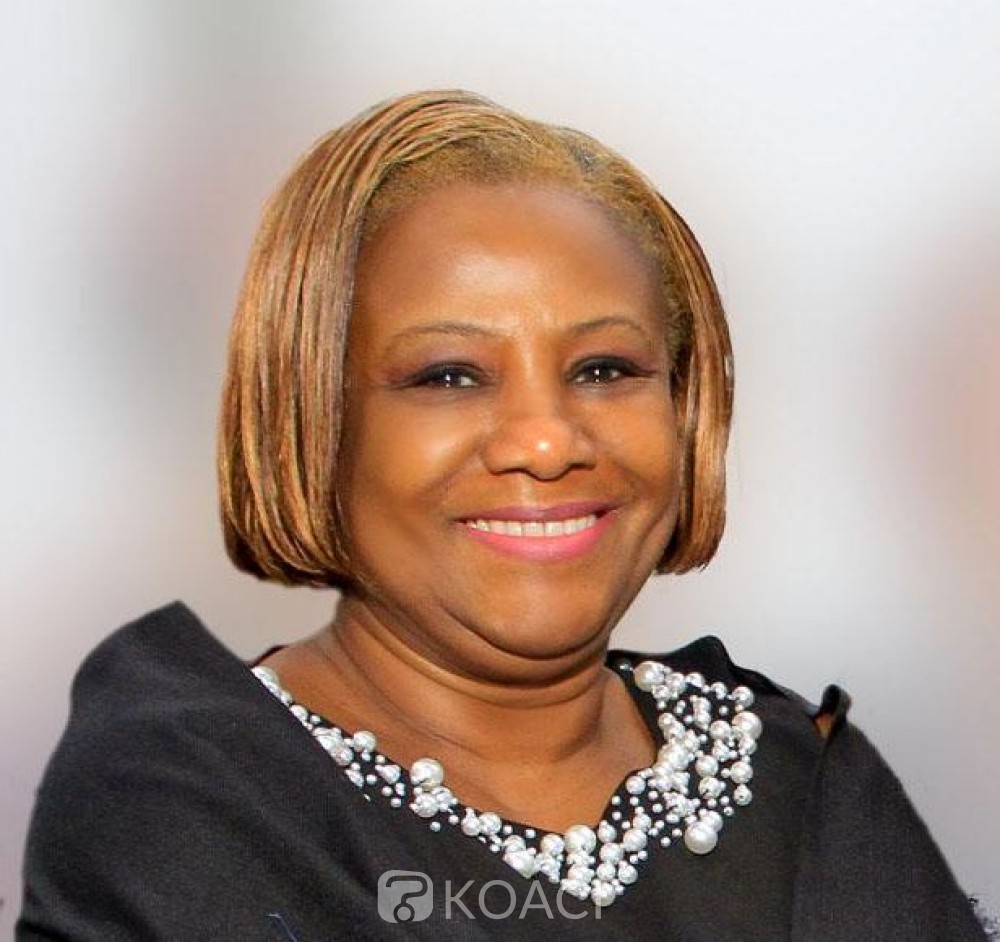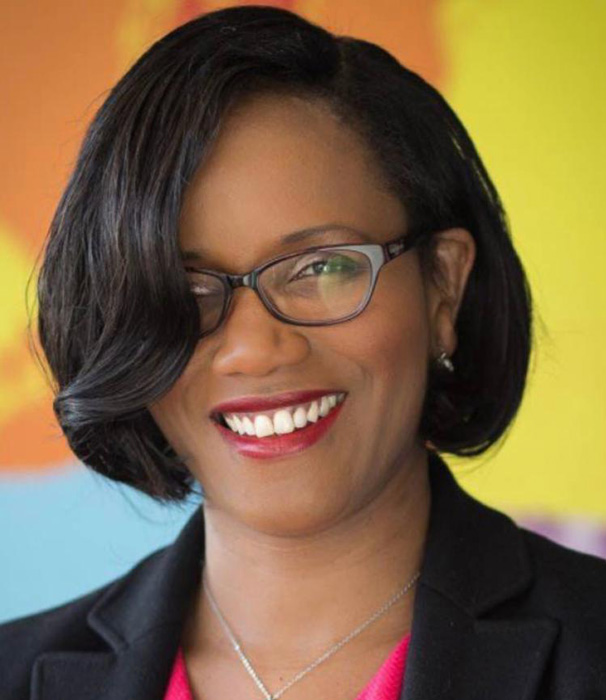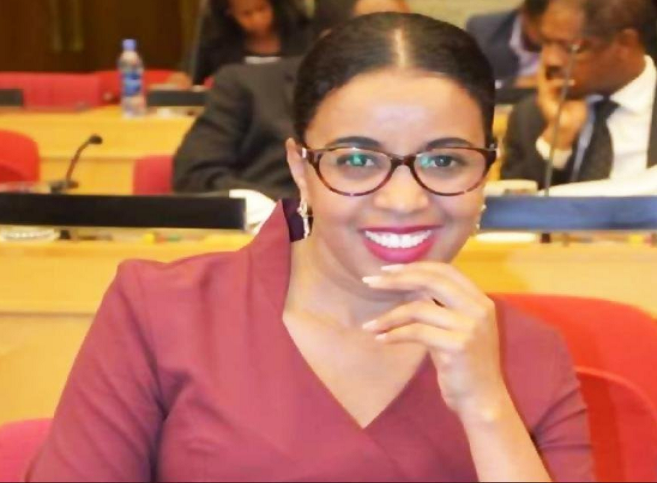The Cameroonian employers’ association is not pleased with IMF’s strategy for Cameroon recently revealed by the institution’s Deputy Managing Director, Mitsuhiro Furusawa, who visited the country on September 14-15. This is reported by Daniel Claude Abate, president of the Cameroonian entrepreneur’s movement (MECAM).
“Though they were cordial, discussions between IMF’s deputy managing director, his team, and the main representatives of the Cameroonian employers’ association were nevertheless frank and sincere,” says Daniel Claude Abate.
According to him, the association condemns the signing of a new economic and financial programme with IMF, last June 26, in which its role and name are mentioned despite not having been sufficiently implicated during the scheme’s elaboration. “Even after it was ratified, communication on the programme was dilettante, vague and difficult to understand,” MECAM’s president complained.
Cameroon’s employers’ association also said it deplores the lean financial resources released by IMF to support the Central African Economic and Monetary Community (CEMAC) amid the current crisis and in tackling external challenges. “If we are to compare, how is it that when Greece, which has a GDP of $200 billion, was in the same conditions, it benefited from an aid package of $260 billion (CFA145, 000 billion) while all the countries of the CEMAC combined, with a GDP of $75 billion, only benefited from a $4billion loan or less than CFA2500 billion? This is clearly unfair,” the MECAM fulminated.
The employers’ association also expressed its incomprehension and vivid apprehension regarding the fact that the Cameroonian administration is already implementing some of the measures set out in IMF’s new programme. These include companies’ transfers abroad, tax base broadening, prepayment of the withholding tax, resurgence of the untimely tax and customs control within enterprises, the unilateral implementation of measures to restrict and monitor monetary mass, etc.
“It is unfortunate that the IMF still locks itself in frameworks that revolve around budgetary support or stabilization of public finances while we know that economic activities themselves generate public funds. We cannot indefinitely continue to increase fiscal pressure and broaden tax base,” Daniel Claude Abate stressed.
With businessincameroon


